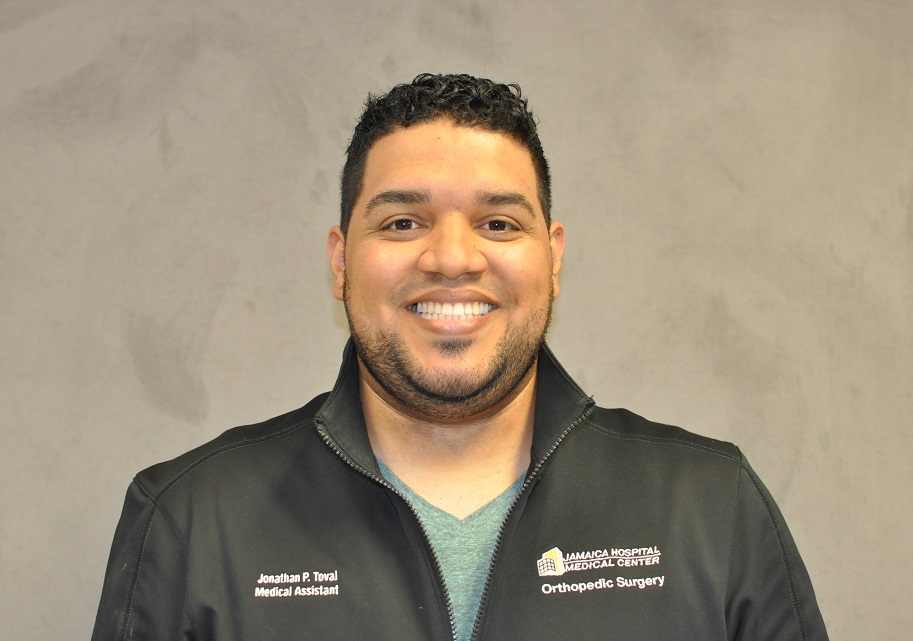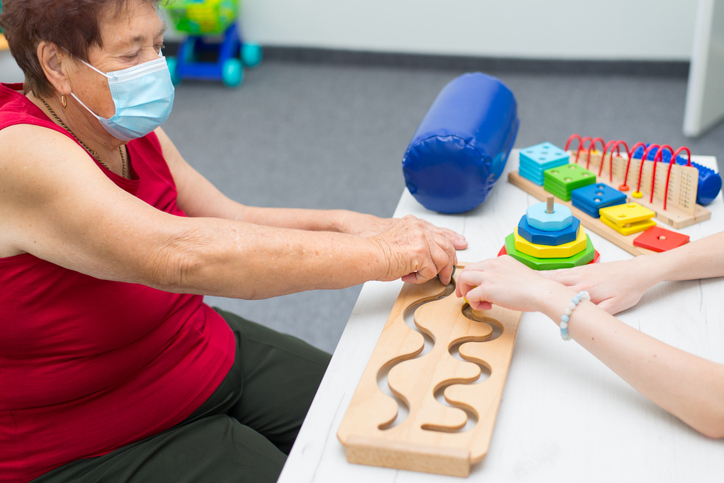
We are proud to shine our Employee Spotlight on Jonathan Toval, Lead Medical Assistant in the Department of Orthopedic Surgery.
Jonathan has been at Jamaica Hospital for the past eight years. He was born and spent the first few years of his life in Lima, Peru and moved to New York City in 1999. He attended Intermediate School 61 in Queens, and graduated from John Bowne High School in 2005. Jonathan currently lives in Forest Hills. In his free time Jonathan enjoys spending time with his friends and his family. His two main past times are playing competitive soccer and poker playing. His favorite soccer team is Real Madrid. He enjoys traveling to any place there is a beach, but his travel plans have been curtailed in the past year due to the pandemic.
He really values his relationship with his family and enjoys their company. They provide him with wonderful conversations and lots of laughter which they frequently share with one another. He enjoys all types of music and believes that listening and dancing to salsa makes him happy. His favorite type of food is Peruvian but he also enjoys sushi and steak.
Being in a position to work with a diverse group of patients is something that Jonathan really likes. He enjoys being able to meet patients and colleagues at work who come from all over the world. This gives him an opportunity to learn other languages and about other cultures. Working at Jamaica Hospital is like being at his second home and it has had a great influence on his life.
We are very happy to have Jonathan on our team for the past eight years and we look forward to having him remain with us for many years in the future.
All content of this newsletter is intended for general information purposes only and is not intended or implied to be a substitute for professional medical advice, diagnosis or treatment. Please consult a medical professional before adopting any of the suggestions on this page. You must never disregard professional medical advice or delay seeking medical treatment based upon any content of this newsletter. PROMPTLY CONSULT YOUR PHYSICIAN OR CALL 911 IF YOU BELIEVE YOU HAVE A MEDICAL EMERGENCY.









